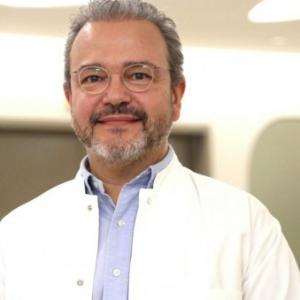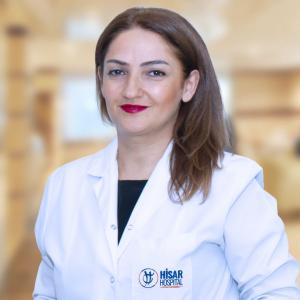Living with Parkinson's disease means facing progressive challenges with movement, balance, and coordination. The condition also affects cognitive functions, behavior, and daily activities, significantly impacting the quality of life for patients and their families. Early intervention and tailored treatment are key to managing symptoms and improving well-being.
In Turkey, specialized medical centers provide advanced Parkinson's treatments, including personalized therapy programs, state-of-the-art equipment, and expert neurological care, offering patients the best conditions to manage symptoms and improve daily life.
Cost of Parkinson’s treatment in Turkey with Turquie Santé
Depending on the treatment type and medical center, Parkinson's treatment in Turkey typically ranges from $5,000 to $30,000 USD. This range covers medication, physical therapy, rehabilitation sessions, and advanced interventions such as Deep Brain Stimulation (DBS).
With Turquie Santé, you can receive a personalized cost estimate tailored to your diagnosis and treatment needs, with full support in planning your medical journey and ensuring transparent and high-quality care.












